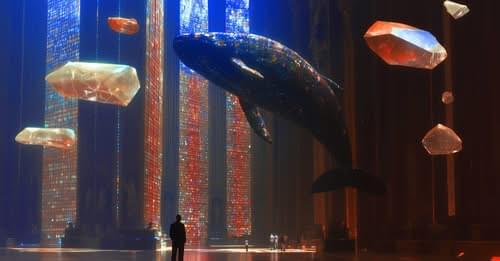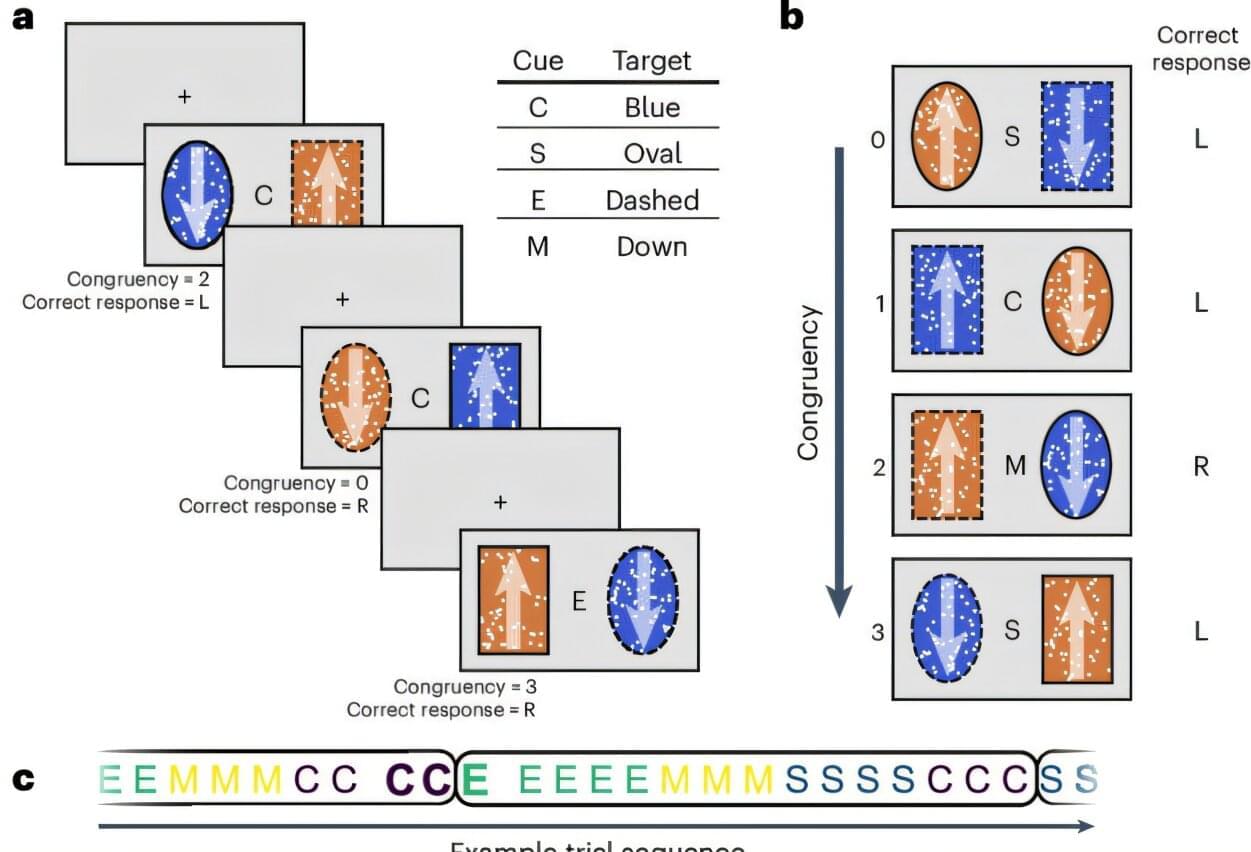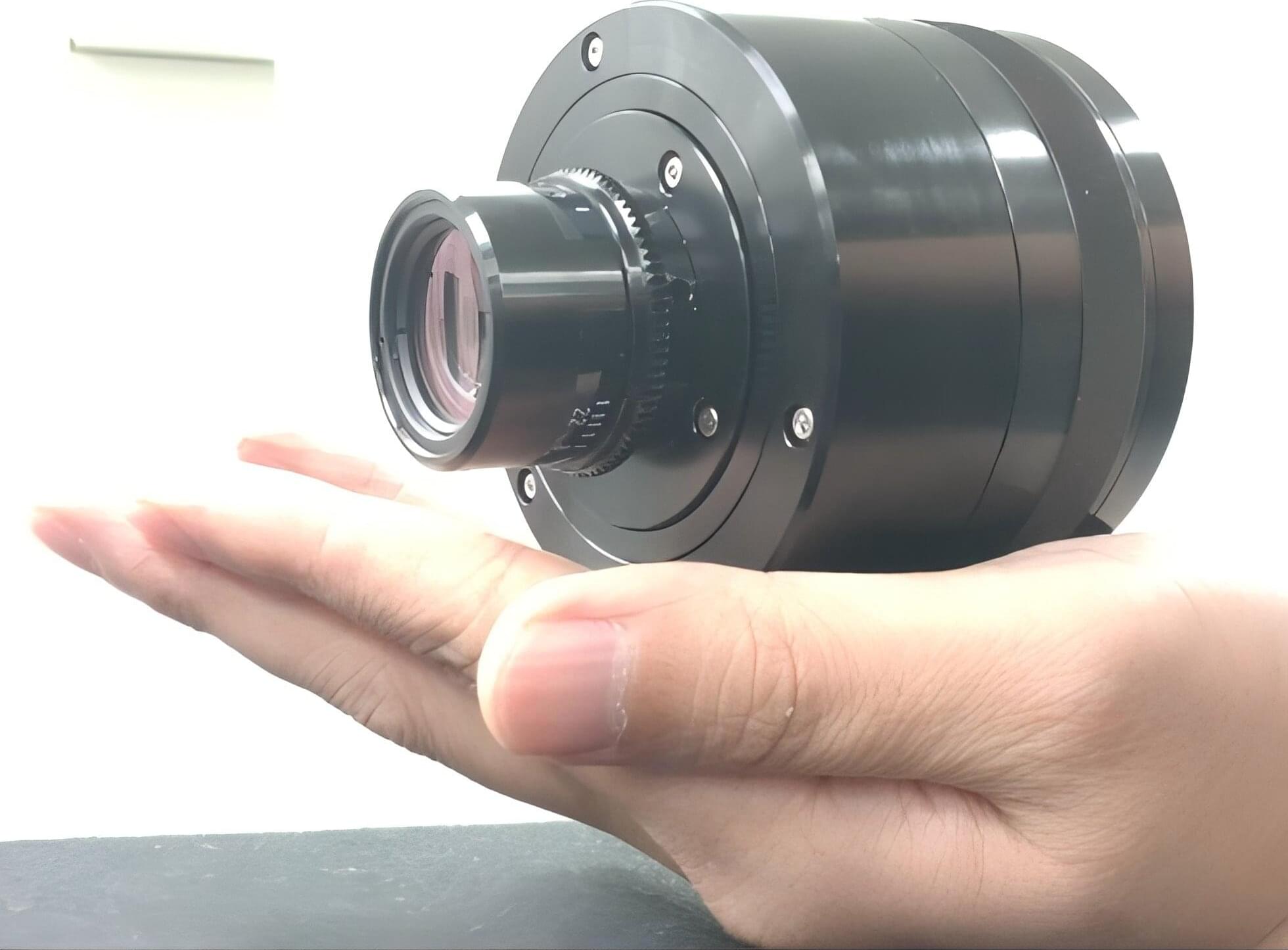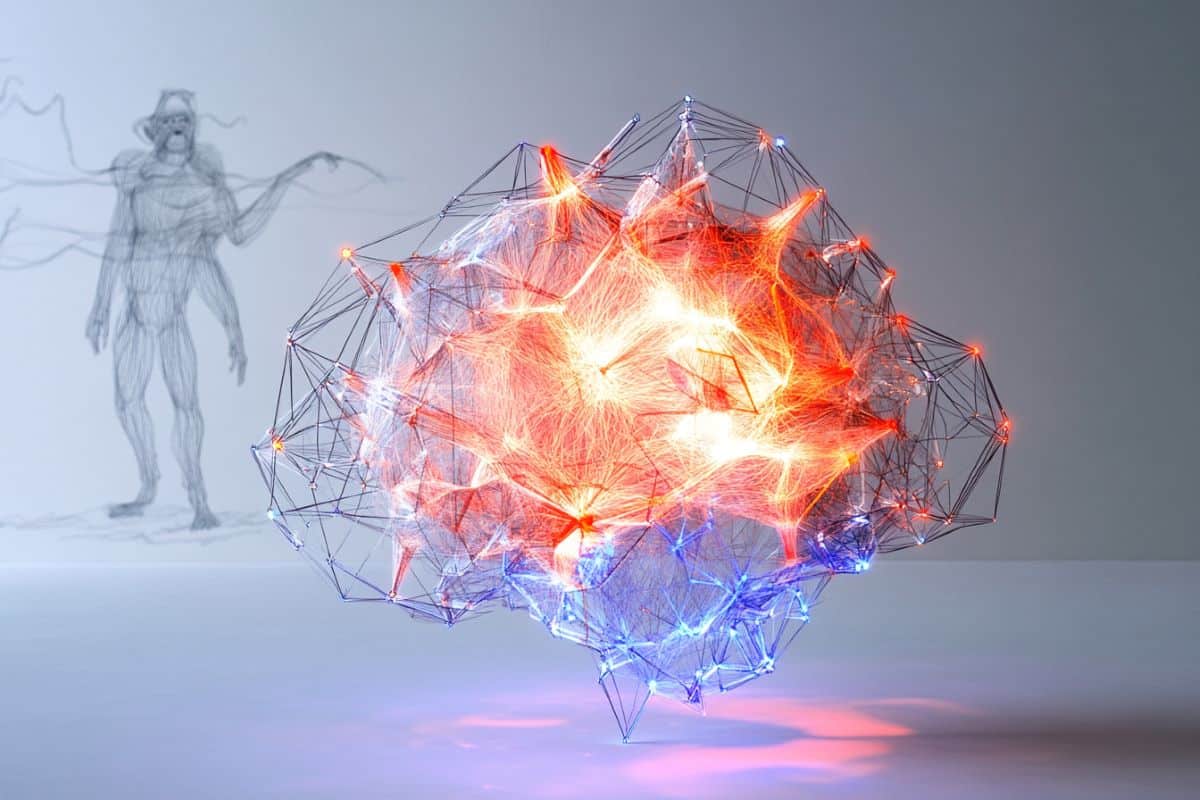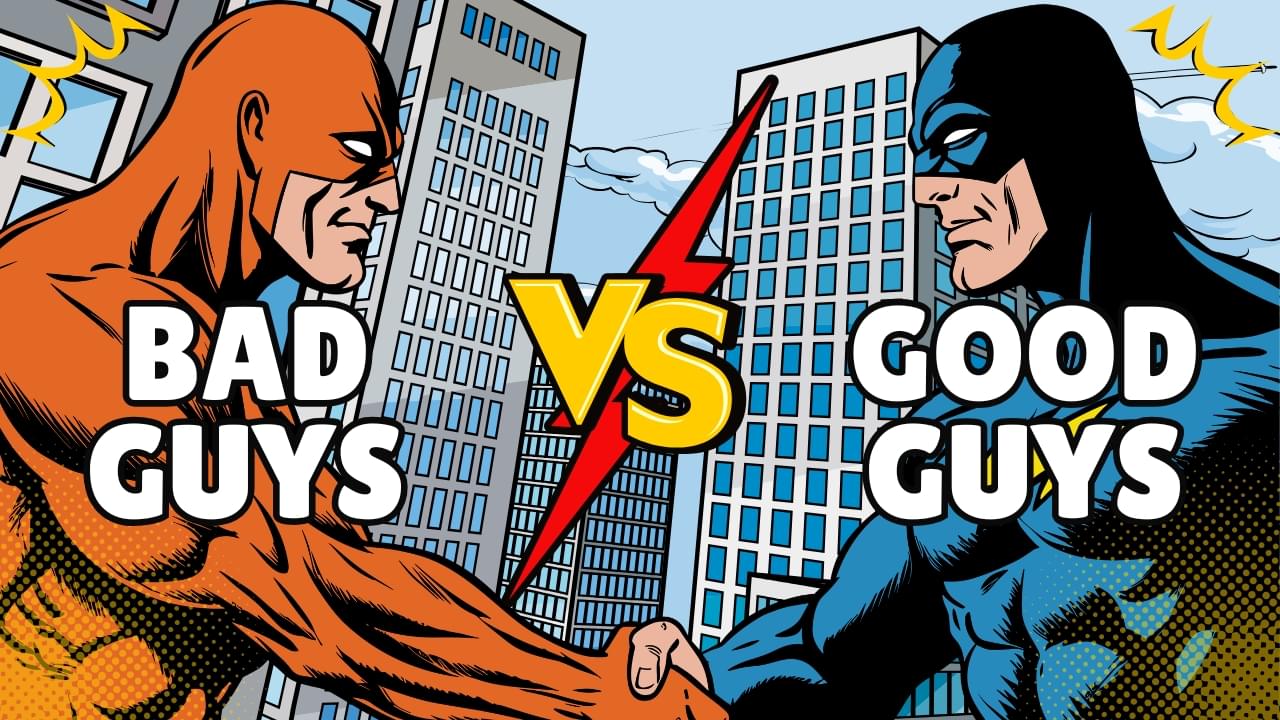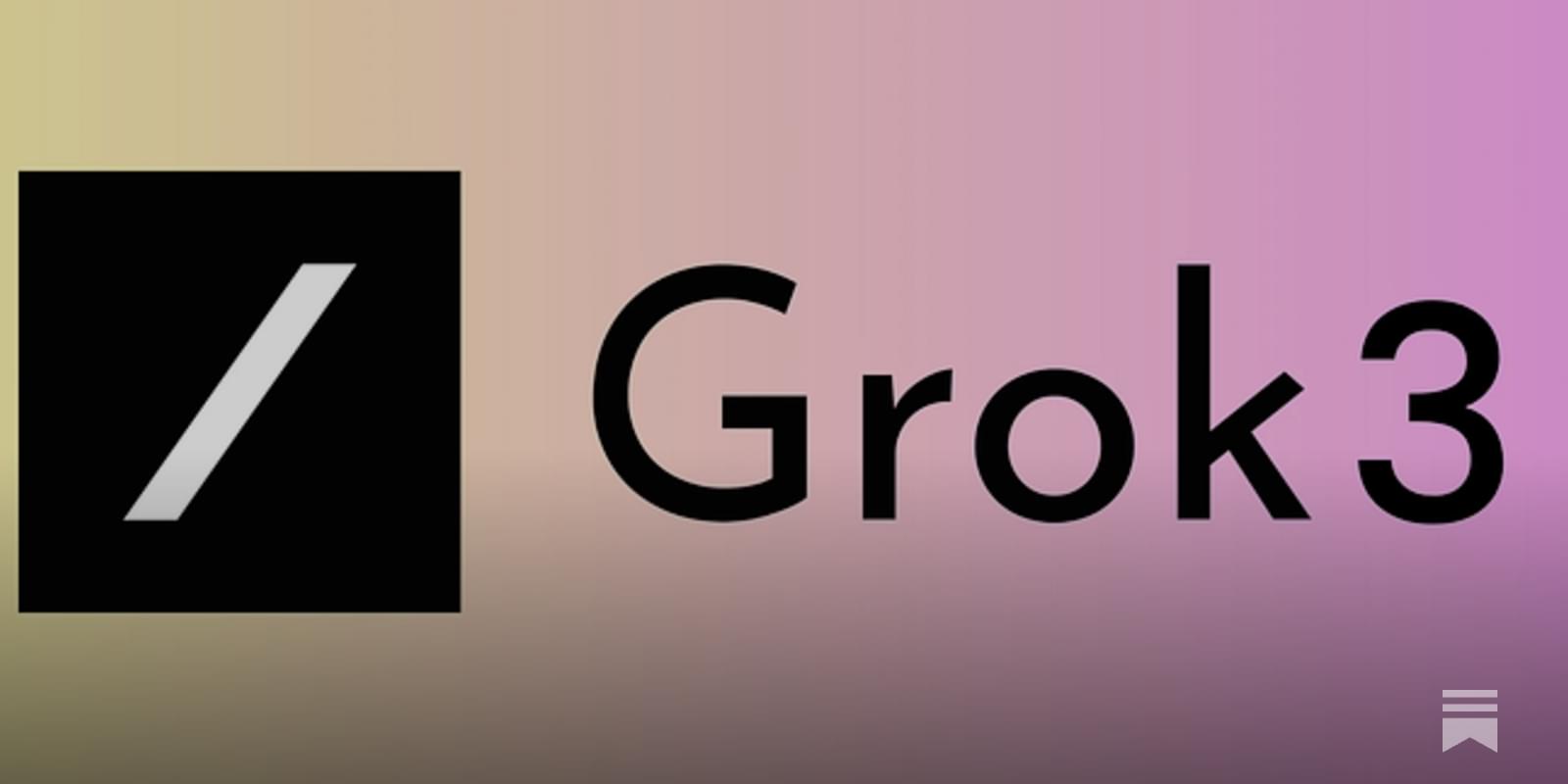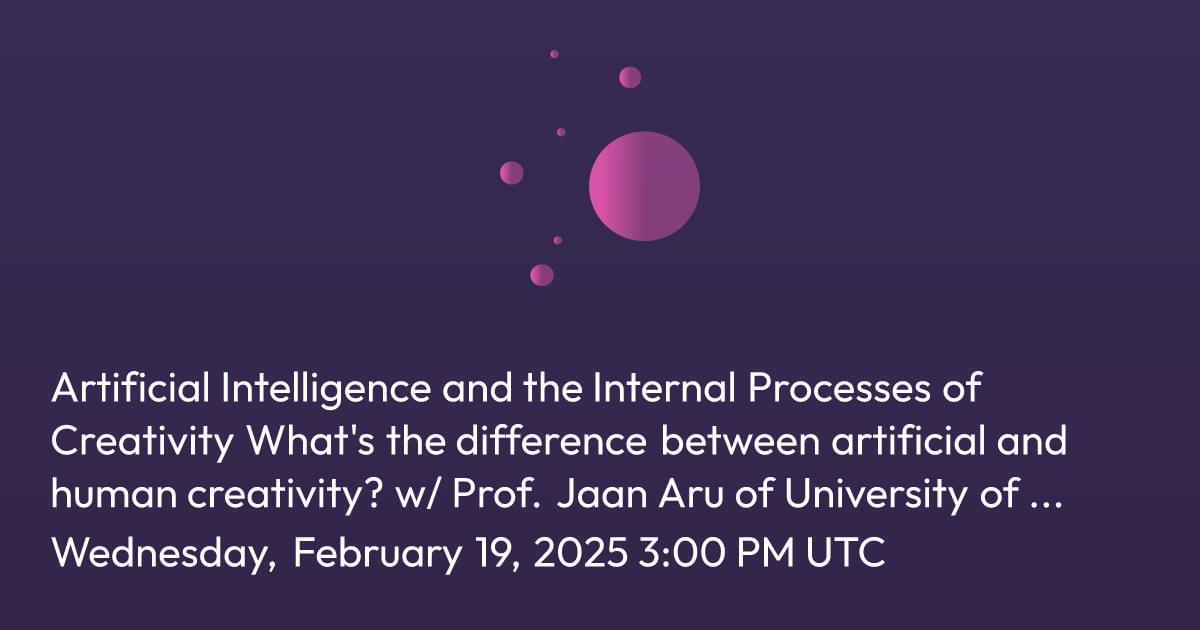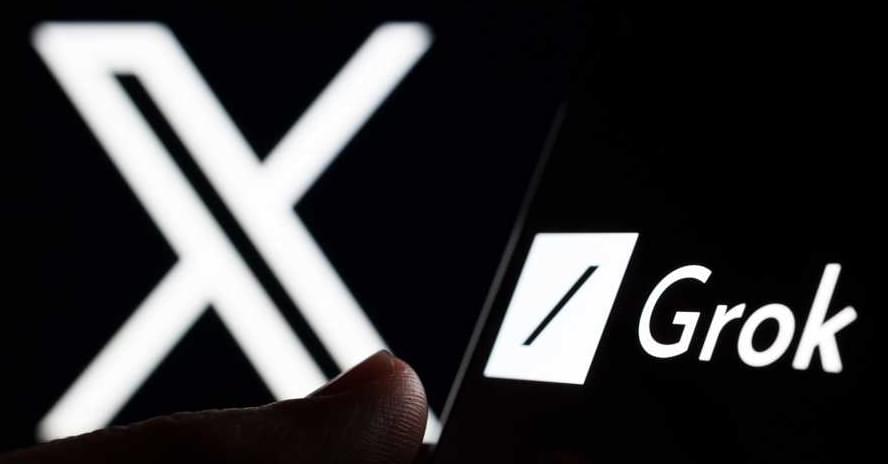An uncensored version of R1 is released 🔥
“R1 1776 is a DeepSeek-R1 reasoning model that has been post-trained by @perplexity_ai to remove Chinese Communist Party censorship. The model provides unbiased, accurate, and factual information while maintaining high reasoning capabilities.”
“To ensure our model remains fully ‘uncensored’ and capable of engaging with a broad spectrum of sensitive topics, we curated a diverse, multilingual evaluation set of over a 1,000 of examples that comprehensively cover such subjects. We then use human annotators as well as carefully designed LLM judges to measure the likelihood a model will evade or provide overly sanitized responses to the queries.”
[#AI](https://www.facebook.com/hashtag/ai?__eep__=6&__cft__[0]=AZW8BaBse7DQTjHN8Y8vhbazZ3YwuUZoz0gW4ATjA0Qd-WYN8VQwIDi6MAG_Kqsenozm-IYuarR5zVj52HWERbfhr9cGCf0bGhdlKCwSC-_19NvC18LSj6Jx5WEaWrHYD9Vm9O1GIjR7yeKLo6Pd3oRwDt_qW8AuMDOLXS42xoYQpzonMSBJbyboFdqPDRPLNwI&__tn__=*NK-R) [#PerplexityAI](https://www.facebook.com/hashtag/perplexityai?__eep__=6&__cft__[0]=AZW8BaBse7DQTjHN8Y8vhbazZ3YwuUZoz0gW4ATjA0Qd-WYN8VQwIDi6MAG_Kqsenozm-IYuarR5zVj52HWERbfhr9cGCf0bGhdlKCwSC-_19NvC18LSj6Jx5WEaWrHYD9Vm9O1GIjR7yeKLo6Pd3oRwDt_qW8AuMDOLXS42xoYQpzonMSBJbyboFdqPDRPLNwI&__tn__=*NK-R) [#DeepSeek](https://www.facebook.com/hashtag/deepseek?__eep__=6&__cft__[0]=AZW8BaBse7DQTjHN8Y8vhbazZ3YwuUZoz0gW4ATjA0Qd-WYN8VQwIDi6MAG_Kqsenozm-IYuarR5zVj52HWERbfhr9cGCf0bGhdlKCwSC-_19NvC18LSj6Jx5WEaWrHYD9Vm9O1GIjR7yeKLo6Pd3oRwDt_qW8AuMDOLXS42xoYQpzonMSBJbyboFdqPDRPLNwI&__tn__=*NK-R)
Explore #ai at Facebook.
